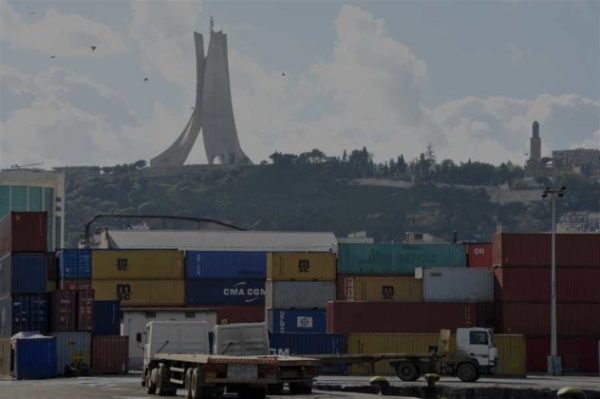In Algeria, the economy has achieved an annual growth of 1.4% of its GDP in 2018 against 1.3% in 2017, according to the economic accounts in volume published by the National Office of Statistics (ONS) between 2015 and 2018.
The country owes this slight increase mainly to the sectors of agriculture (5%), construction, public works and hydraulics (BTPH), services and public works oil (5.2%) and that of the Industry (4.1%). The growth rate of GDP, excluding hydrocarbons, reached 3.3% against 2.1% in 2017, which the NSO describes as “appreciable performance”.
Moreover, the GDP, in current value, would have gone from 18 575.8 billion Algerian dinars in 2017 to 20 259 billion (about 170 billion USD) in 2018, an increase of 9.1%. GDP per capita stood at $ 4,080 in 2018, compared with $ 4,011.2 a year earlier.
Still highly dependent on hydrocarbons whose exports reached 39 billion dollars in 2018 against 33.5 billion in 2017, an increase of 16.6% in securities, the Algerian economy is still dependent on oil prices. Foreign exchange reserves fell to $ 72.6 billion at the end of April 2019, with a deficit trade balance of $ 3.18 billion in the first half of 2019, compared to a deficit of $ 2.84 billion. dollars in the same period in 2018.



